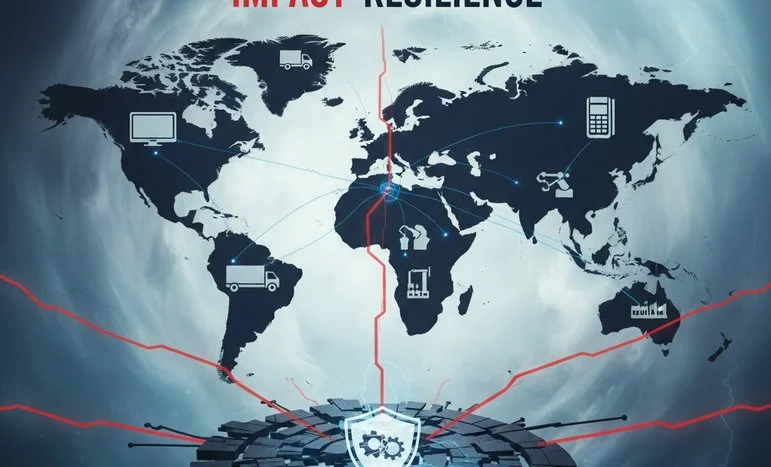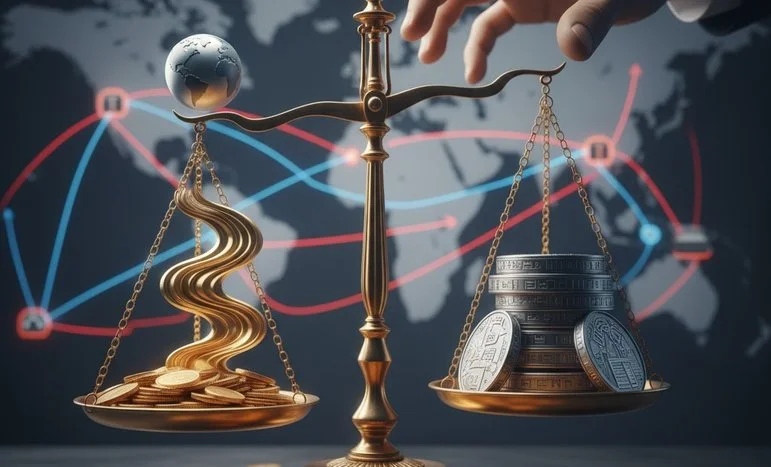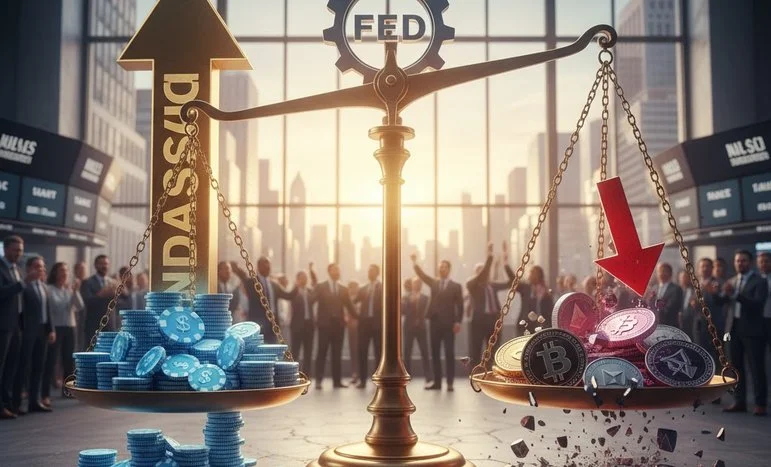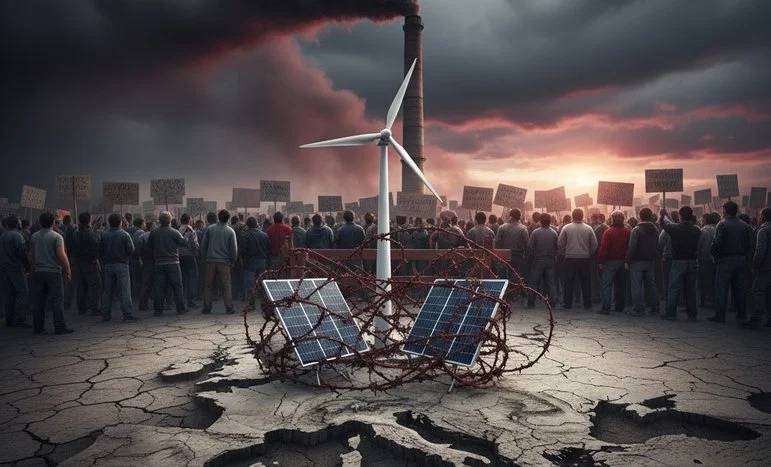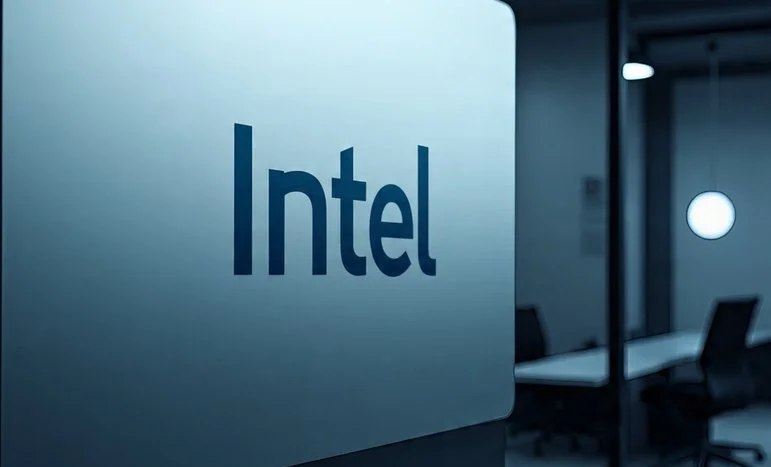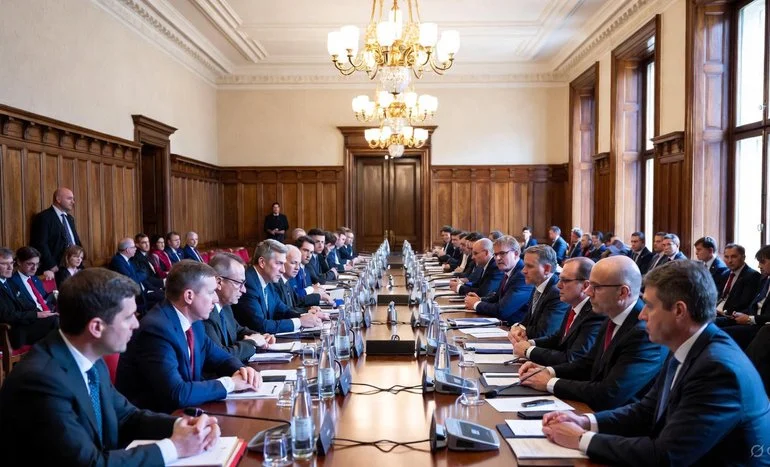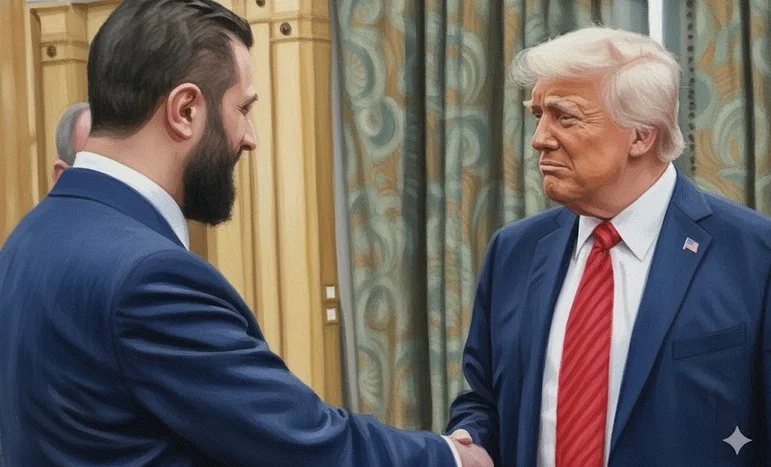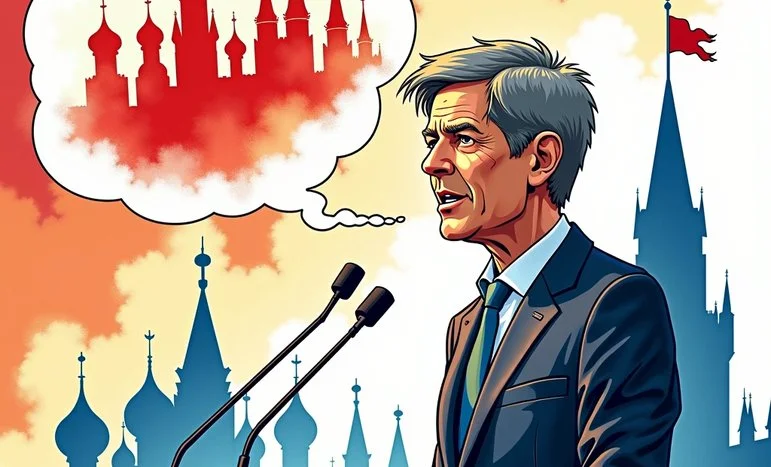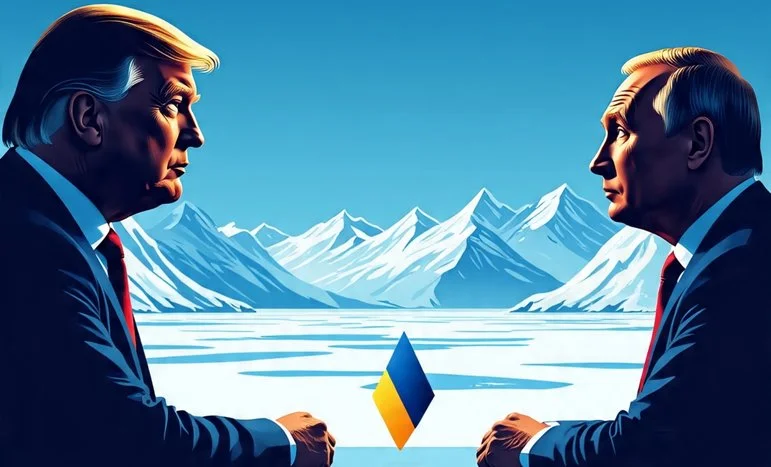
U.S. Faces $15B Weekly Economic Losses Amid Shutdown Threats and Policy Gridlock
Introduction
The U.S. economy faces growing instability as political divisions threaten repeated government shutdowns, leading to estimated weekly losses exceeding $15 billion. Economic analysts warn that prolonged stalemates over spending bills and fiscal priorities could ripple across multiple sectors — from public services to private contracting — further slowing growth in an already fragile climate.
At the center of the debate, House Speaker Mike Johnson has openly criticized Democratic lawmakers for obstructing conservative budget measures and failing to address what he describes as the “real fiscal and security priorities” of the American people. His remarks have intensified a broader national conversation that now ties together shutdown risks, tariff policies, and immigration reform.
Economic Toll of Political Stalemates
The non-partisan Congressional Budget Office and private think tanks estimate that a full government shutdown could remove tens of billions of dollars from GDP each month. Federal employees face delayed paychecks, small businesses lose contracts, and key services—from passport processing to loan approvals—grind to a halt.
Beyond the direct impact, investor confidence falters, leading to stock market volatility. As seen in past standoffs, uncertainty around government operations often drives businesses to delay spending and hiring decisions, while consumers cut back amid pessimism about political dysfunction.
Mike Johnson’s Stance and Partisan Blame
House Speaker Mike Johnson has placed responsibility squarely on Democratic leadership, arguing that uncontrolled spending and weak border enforcement have created a cycle of dependency and debt. Johnson’s statements have echoed across conservative media, portraying the shutdown debate not merely as fiscal management but as a moral stand on economic discipline and national sovereignty.
Democrats, in turn, accuse Republicans of holding the government “hostage” to push through ideological cuts, particularly in social programs and climate initiatives. The standoff underscores a deep ideological divide over the role of government in economic stability and welfare.
Intersections with Tariffs and Immigration Policy
The fiscal confrontation has intertwined with two other major debates shaping Washington: tariff strategy and immigration reform.
Tariffs as Leverage for Economic Security
Republicans are advocating for stronger tariffs against foreign producers — particularly Chinese imports and subsidized steel — arguing that such measures would protect U.S. industries and stabilize domestic employment. This stance aligns with broader nationalist economic policies that seek to prioritize domestic manufacturing resilience over short-term price fluctuations.
However, Democrats warn that new tariffs could raise consumer costs and strain global trade partnerships, especially as inflation remains a key voter concern.
Immigration and Workforce Strain
Immigration has become another flashpoint. Johnson and his allies argue that uncontrolled border crossings contribute to wage suppression and budgetary stress, while Democrats emphasize the need for humane, structured reform that maintains labor supply in key sectors like agriculture and healthcare.
The shutdown debate, therefore, serves as a proxy battle for both economic sovereignty and social responsibility—two narratives that will dominate the 2025 election cycle.
Economic Consequences and Public Perception
The threat of recurring shutdowns has triggered weekly losses estimated around $15 billion, according to multiple economic models. These costs compound through:
- Suspended government contracts affecting defense, construction, and research.
- Reduced consumer confidence, particularly in middle-income households reliant on federal programs.
- Market volatility, as investors hedge against policy paralysis.
Social media discourse mirrors public frustration. Hashtags criticizing both parties trend regularly, though recent sentiment analysis shows greater backlash against perceived Democratic inaction, reflecting Johnson’s narrative gaining traction among conservative and centrist voters.
The Broader Growth Impact
Beyond immediate disruptions, the recurring budgetary brinkmanship threatens long-term growth. Economists warn that chronic political instability deters foreign investment and raises borrowing costs for the federal government.
Moreover, businesses that rely on federal oversight — from healthcare to energy — face regulatory uncertainty, hampering innovation and planning. This persistent unpredictability stands in contrast to private sector resilience driven by technology, manufacturing, and energy independence trends.
The recurring threat of government shutdowns underscores a crisis of governance as much as economics. While both parties claim to defend American prosperity, the mounting $15B weekly toll reveals that partisanship is increasingly costly.
For Speaker Mike Johnson, the standoff is an opportunity to refocus national priorities on fiscal restraint, border integrity, and industrial protection. Whether this approach succeeds depends on whether voters see it as a path to long-term stability — or just another round of political theater at the nation’s expense.
We appreciate that not everyone can afford to pay for Views right now. That’s why we choose to keep our journalism open for everyone. If this is you, please continue to read for free.
But if you can, can we count on your support at this perilous time? Here are three good reasons to make the choice to fund us today.
1. Our quality, investigative journalism is a scrutinising force.
2. We are independent and have no billionaire owner controlling what we do, so your money directly powers our reporting.
3. It doesn’t cost much, and takes less time than it took to read this message.
Choose to support open, independent journalism on a monthly basis. Thank you.
